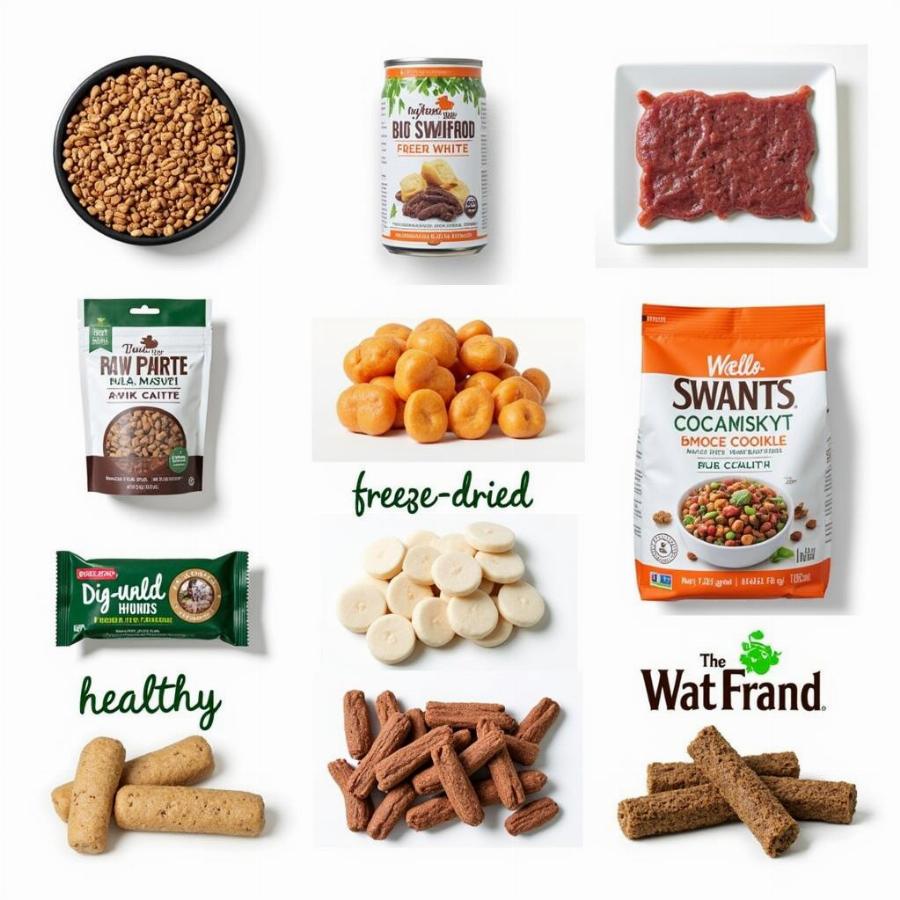The phrase “guy eating hot dog” might seem a world away from the refined world of dog breeding and care that we celebrate here at Beaut Dogs. Yet, the seemingly simple act of enjoying a hot dog can spark a conversation about responsible pet ownership, healthy eating habits (for both humans and dogs!), and the importance of a balanced diet. After all, what we consume affects our well-being, and the same applies to our canine companions. While you’re enjoying your hot dog, consider what your furry friend is enjoying too! Are they getting the nutrition they need?
Understanding the Human-Animal Bond Over Food
Sharing mealtimes, even indirectly, can strengthen the bond between humans and their pets. While we wouldn’t recommend sharing your hot dog with your dog (onions and high sodium content are harmful to them!), observing your own eating habits can prompt you to reflect on your dog’s dietary needs. Do they have fresh water readily available? Is their food providing them with essential nutrients? Just as we enjoy a variety of flavors and textures, our dogs also benefit from a balanced and nutritious diet tailored to their specific breed, age, and activity level.
What Your Dog Should Be Eating
While a “guy eating hot dog” offers a humorous starting point, let’s dive into what truly matters: providing your dog with the best possible nutrition. High-quality dog food, whether kibble, wet, or raw, should be the foundation of their diet. Look for food that lists real meat and vegetables as the primary ingredients and avoids fillers, artificial colors, and preservatives.
Choosing the Right Food for Your Breed
Different breeds have different nutritional requirements. A small, active breed like a Jack Russell Terrier will need a different calorie intake than a larger, less active breed like a Great Dane. Researching breed-specific dietary needs can help you choose the right food to support your dog’s optimal health and prevent potential health issues down the line.
Beyond the Bowl: Treats, Supplements, and More
 Types of Dog Food for Pets
Types of Dog Food for Pets
Just like a “guy eating hot dog” might enjoy a side of fries, our dogs appreciate the occasional treat. However, moderation is key. Treats should make up no more than 10% of your dog’s daily caloric intake. Choose healthy, natural treats like dog frozen treat or calming treats such as calming dog food to ensure they’re getting something nutritious along with the enjoyment. You might even consider making your own dog treats using simple, wholesome ingredients.
Supplements for Specific Needs
In some cases, supplements can be beneficial for addressing specific health concerns, such as joint pain, skin allergies, or anxiety. Always consult with your veterinarian before adding any supplements to your dog’s diet to ensure they are safe and appropriate for your individual dog’s needs.
The Importance of a Balanced Diet for Canine Health
A balanced diet is crucial for maintaining a dog’s overall health and well-being. Just like a “guy eating hot dog” regularly might not be the healthiest choice for a human, feeding your dog an unbalanced diet can lead to a variety of health problems, including obesity, diabetes, and joint issues.
“A healthy diet is the cornerstone of a happy, active dog,” says Dr. Emily Carter, a renowned veterinary nutritionist. “Providing your dog with the right nutrients can significantly improve their quality of life and help them live longer, healthier lives.”
Conclusion
While the image of a “guy eating hot dog” might seem unrelated to dog care, it serves as a reminder that what we consume matters. By being mindful of our own eating habits, we can become more attuned to the importance of providing our canine companions with a nutritious and balanced diet tailored to their individual needs. From choosing the right food to providing healthy treats and supplements, we can ensure our furry friends thrive and enjoy long, healthy lives. Remember, a healthy dog is a happy dog!
FAQ
- What are the signs of a nutritional deficiency in dogs?
- How much food should I feed my dog each day?
- What are some healthy dog treat options?
- Are homemade dog treats a good idea?
- How can I transition my dog to a new food?
- What should I do if my dog has food allergies?
- How can I encourage my picky eater to eat?
Further Reading
You might also be interested in reading what is the healthiest dog food for your pet and guy m santiago honor my paws dog.
Beaut Dogs is your trusted source for expert advice and valuable resources on all aspects of dog care, offering breed-specific information, nutrition guides, and much more to help you provide the best possible care for your beloved companion. When you need assistance, please contact us by Email at [email protected], and Beaut Dogs will be happy to provide detailed and accurate answers to your questions. We are committed to providing accurate and reliable information about the world of dogs, helping you navigate every aspect of canine companionship. Visit https://beautdogs.com today!